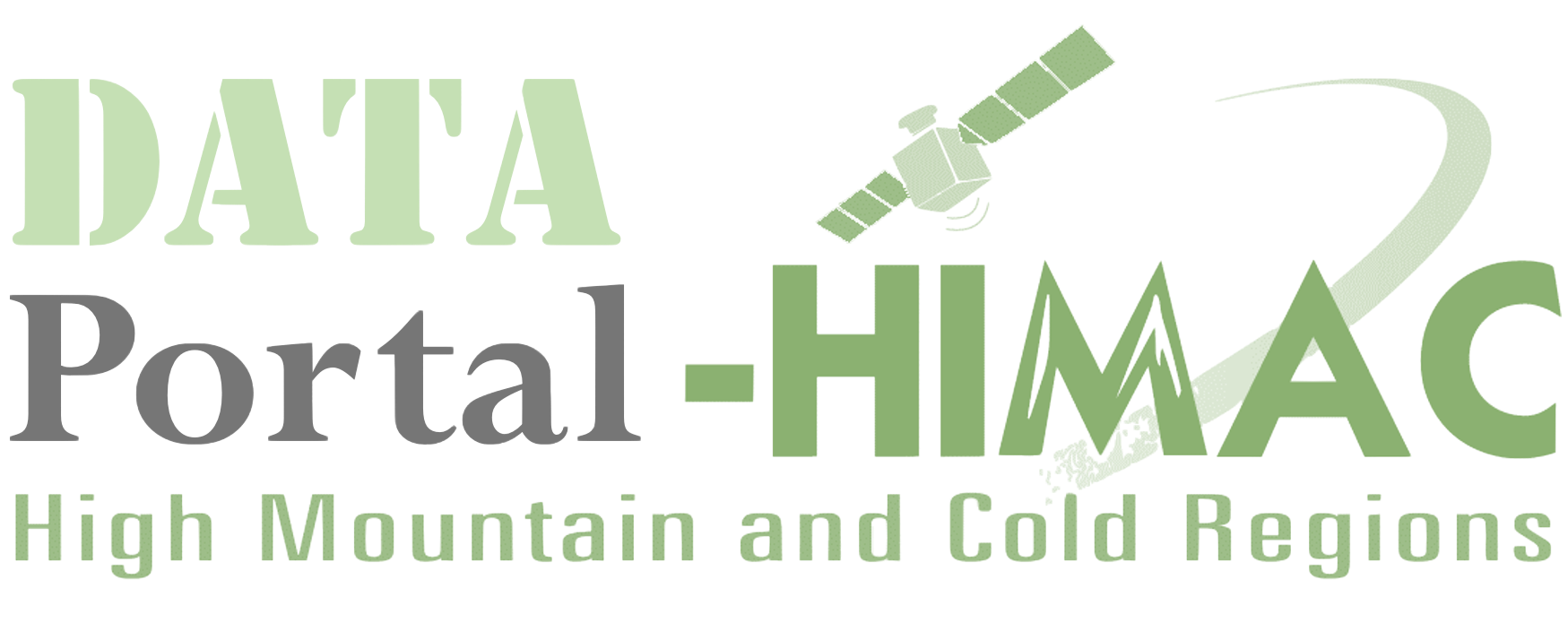Circumpolar Biodiversity Monitoring Programme (CBMP)
Data and Resources
-
Circumpolar Biodiversity Monitoring Programme (CBMP)
"The Circumpolar Biodiversity Monitoring Program (CBMP) is an international...
Additional Info
| Field | Value |
|---|---|
| Source | https://www.caff.is/monitoring |
| Last Updated | April 12, 2022, 12:31 (UTC) |
| Created | April 6, 2022, 06:41 (UTC) |
| Country | International |
| Data Management | "The Conservation of Arctic Flora and Fauna (CAFF) operates at the interface between science and policy and as such, provides a mechanism to develop common responses on issues of importance.CAFF activities, programs and projects are reported through the Arctic Council, a high level intergovernmental forum to provide a means for promoting cooperation, coordination and interaction among the Arctic states, with the involvement of the Arctic Indigenous communities and other Arctic inhabitants on common Arctic issues, in particular issues of sustainable development and environmental protection in the Arctic. The most direct path CAFF utilizes to affect policy, is through recommendations sent to the Senior Arctic Officials (SAOs) of the Arctic Council in the form of reports and publications for endorsement. Arctic Council Ministerial meetings are held every two years, Deputy Minister meetings are held annually, while SAOs meet biannually. These governments and organizations enact policies in their respective jurisdictions. CAFF's national representatives, permanent participant representatives, observer country representatives and observer organization representatives ensure that information arising from CAFF's monitoring, assessment and expert group programs, projects and activities are shared amongst their host governments and organizations, and factor into decision making at different levels. Through CAFF a vast number of leading Arctic scientists find the venue to cooperate with their piers on a circumpolar scale. This provides the opportunity to learn from each other and achieve a more holistic view of a particular field of study, which can affect their daily work within the national bodies where they are employed." |
| Data Policy | "There are several documents which provide the framework for CAFF operations: Arctic Biodiversity Assessment: Report for Policy Makers (2013) Arctic Climate Impact Assessment (2004) Arctic Flora and Fauna Recommendations for Conservation (2002) Strategic Plan for the Conservation of Arctic Biological Diversity (1998) Cooperative Strategy for the Conservation of Biological Diversity in the Arctic Region (1997) Program for the Conservation of Arctic Flora and Fauna Framework Document (1991) CAFFs work has subsequently been informed by the strategies and the recommendations generated through these documents, and they will be used to consider the manner in which CAFF has fulfilled its mandate. " |
| Data Sharing Principle | "CAFF is one of the Arctic's leading organizations that provides Key Findings, Policy recommendations and Advice on bodiversity to Arctic policy makers. It was established in 1991 after Canada, Denmark, Finland, Iceland, Norway, Sweden, the USSR and the United States adopted the Arctic Environmental Protection Strategy (AEPS), a multilaterial agreement among Arctic states to protect the Arctic environment. During the development of the AEPS, the eight Arctic countries confirmed that their shared ecosystem, with its unique flora and fauna, was fragile and threatened by a number of causes. They agreed to ""cooperate for the conservation of Arctic flora and fauna, their diversity and their habitats"" and, to that end, established the Program for the Conservation of Arctic Flora and Fauna (CAFF) as a ""distinct forum for scientists, indigenous peoples and conservation managers ...to exchange data and information on issues such as shared species and habitats and to collaborate, as appropriate for more effective research, sustainable utilization and conservation"".In 1996 the Ottawa Declaration formally established the Arctic Council as a high level intergovernmental forum to provide a means for promoting cooperation, coordination and interaction among the Arctic States, with the involvement of the Arctic Indigenous communities and other Arctic inhabitants on common Arctic issues. The Arctic Council now oversees and coordinates the programs established under the AEPS including CAFF, the Arctic Monitoring and Assessment Program (AMAP), the Protection of the Arctic Marine Environment (PAME) and the Emergency Prevention Prepardness and Response (EPPR) working groups. Over the subsequent two decades CAFF has become an important forum for the discussion and development of strategies, assessments, monitoring and recommendations that feed into the Arctic Council process to increase knowledge, address knowledge gaps and contribute to the knowledge necessary to inform policy." |
| Database Level | International/Regional |
| FIAR | No |
| Host Institute | Group on Earth Observations Biodiversity Observation Network (GEOBON). |
| Opening Degree | Open |
| Organizer | Arctic Council and the UN Convention |
| Region | Arctic |
| Source of Data Policy | Own |
| Theme | Ecology |
